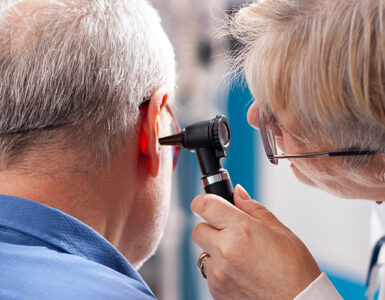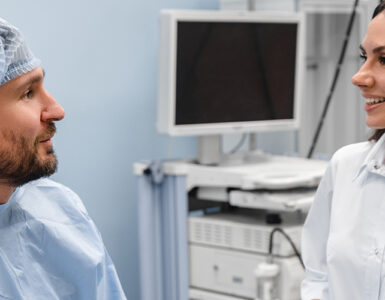Regular testing for sexually transmitted infections (STIs) is important for maintaining sexual health and preventing the spread of infections, including some that can lead to complications if left untreated.
How often you should get tested for STIs depends on your recent sexual activity, age and risk factors, such as whether you have multiple sex partners and unprotected sex.
How Frequently Should You Get Tested for STIs?
An STI (sexually transmitted infection) refers to an infection caused by bacteria, viruses or parasites transmitted through sex. On the other hand, an STD (sexually transmitted disease) typically refers to infections that have progressed to cause symptoms or complications.
How often should adults get tested for STIs/STDs? Here are general recommendations depending on your circumstances:
- If you are sexually active and under 25 years old: Get tested annually (at least once per year).
- If you have multiple sexual partners: Get tested every 3 to 6 months.
- If you engage in high-risk behaviors such as unprotected sex or drug use: Get tested every 3 to 6 months.
- Before starting a new sexual relationship: Get tested before having sex with a new partner to ensure you and your partner are both aware of your STI status and can take necessary precautions.
- After becoming pregnant: Get tested as soon as possible to determine if any treatment is needed.
Risk Factors for STIs That Warrant Frequent Testing
Certain people should get tested for STIs more frequently than others because they’re at greater risk of acquiring and passing on an STI.
Risk factors that warrant more regular testing for STIs include:
- Multiple sexual partners: Increases the risk of exposure to STIs and increases the likelihood of you transmitting one to another partner.
- Inconsistent use of condoms: Reduces protection against STI transmission.
- History of STDs: Increases the likelihood of recurring infections.
- Substance/drug use: Impairs judgment and may lead to risky sexual behaviors.
Why Multiple Partners Increase Testing Needs
Having multiple sexual partners raises the risk of contracting and spreading STIs, including herpes, chlamydia and HIV. This increased risk stems from the higher exposure to different people who may carry these infections.
For example, about 1 in 20 sexually active young women aged 14-24 years have chlamydia, while about 1 in 6 adults under the age of 49 living in the U.S. has genital herpes.
Regular testing helps detect infections in their early stages, even before symptoms appear. This allows you to receive treatment as early as possible (including PrEP and PEP for HIV prevention) after acquiring an STI and reduces the risk of complications or transmission.
Types of STIs to Get Tested For
When you get tested for STIs, you can choose to be tested for certain types of infections or viruses based on your symptoms, or you can choose to have a full panel of tests done that cover common STIs.
STIs that are commonly tested for include:
- HIV/AIDS
- Chlamydia
- Gonorrhea
- Syphilis
- Hepatitis B and C
- Genital Herpes
- Trichomoniasis
Will You Know If You Have an STI?
Not all STIs cause noticeable symptoms, so it’s possible and even likely to have an STI without knowing it. While some infections like chlamydia and gonorrhea sometimes cause symptoms such as unusual discharge or pain during urination, others like HIV/AIDS and hepatitis B may not cause noticeable symptoms in the early stages.
Regular testing, regardless of symptoms, is the best way to detect and treat STIs before they become more problematic, as untreated STIs can potentially lead to serious health complications and transmission to sexual partners.
At the Stony Brook STI Center, we offer comprehensive STD testing, including for HIV and other common infections. Our services include pre-exposure prophylaxis (PrEP) for HIV prevention and post-exposure prophylaxis (PEP) following potential exposure to HIV. We provide discreet testing, diagnosis, and treatment for all STDs, ensuring accessible care regardless of insurance status or immigration status. If you suspect you may have been exposed to an STD or if it’s time for your routine screening, contact us for confidential and supportive care.












